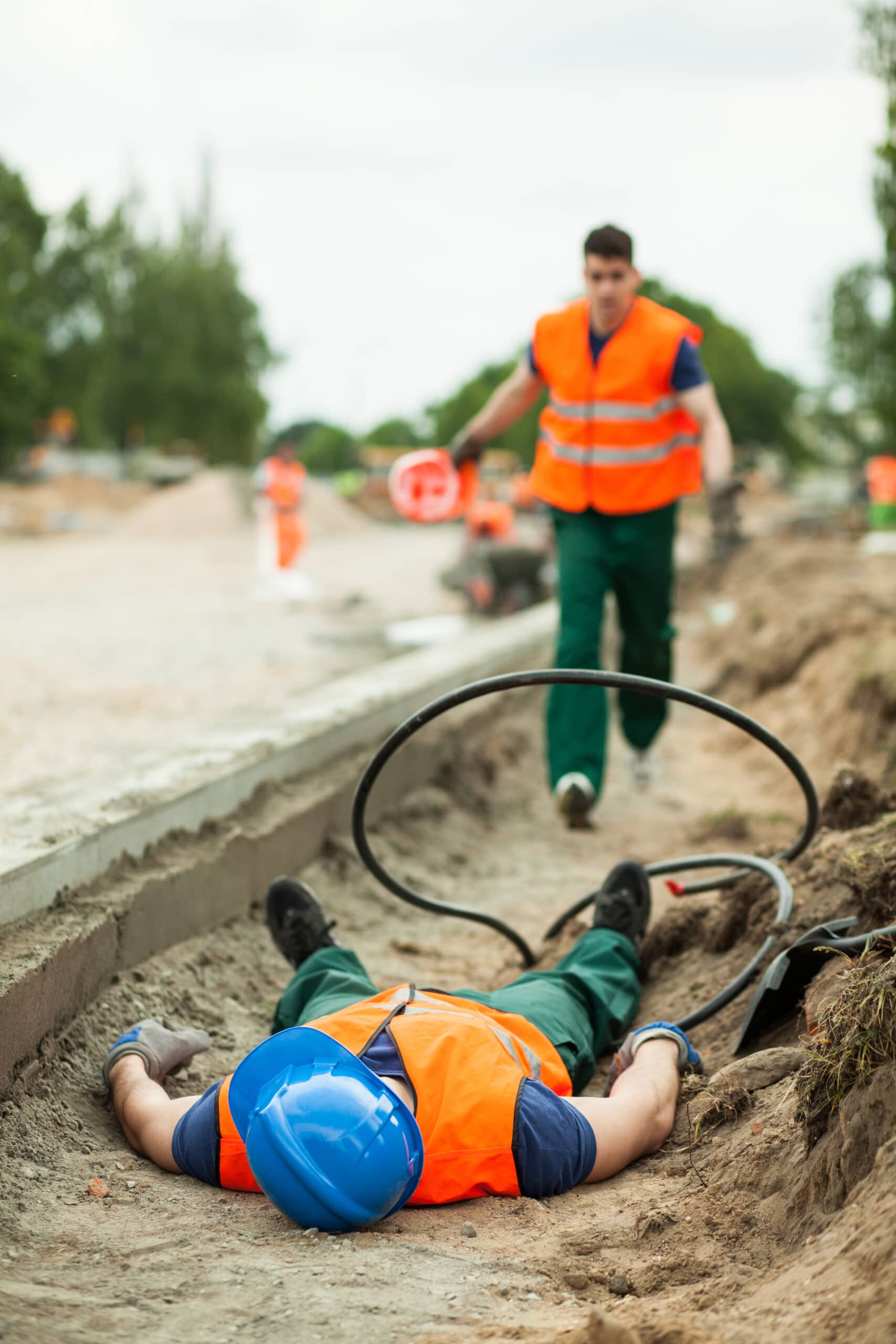When an accident occurs, whether that be a slip-and-fall or a car accident, sometimes people may stop to try and help any person who has been injured in an accident. However, at times these people could do more harm than good, despite their best intentions. Sometimes, they could cause another injury, or they could make an injury worse.
When someone has been injured, and then someone injures them again or makes that first injury worse, they might want to file a lawsuit against anyone who has caused an injury or made an injury worse. However, there are laws in place in many states called, “Good Samaritan Laws” that absolve that person of liability for any injury caused while they were attempting to help an injured person.
In many states, the Good Samaritan Laws reference that when a person arrives at the scene of an accident, or who is asked to be at the scene of an accident, and attempts to help someone in good faith, but accidentally makes an injury worse, is not liable for the new injury or the worsening of the previous injury. However, there is an exception to most Good Samaritan Laws, and that regards acts that are done with willful and wanton misconduct or are done with gross negligence.
These laws also discuss the omission or failure to act regarding getting someone further medical service. Good Samaritan Laws absolve people of liability if they fail to get someone more medical treatment. If a person at the scene of an accident appears fine, and no one arriving at the scene asks that person if they require further medical treatment, then none of those people arriving on the scene can be held liable if the person involved in the accident suffers greater injury.
Gross Negligence and Willful and Wanton Conduct
Those arriving on the scene can be held liable if they act with gross negligence or their conduct rises to the level of being willful and wanton misconduct. If a person, let’s say someone summoned to the scene of an accident, such as emergency personnel, arrives at the scene of an accident, questions people, and hears someone say they require further medical treatment. That person repeatedly states that they need to be taken to a hospital, but those on the scene ignore that person, and that person later dies of the injuries they sustained because of the delay in getting them to a hospital or doctor.
If this were to happen, then a person who ignored the injured accident victim’s requests could be held liable for any increase in injuries or death. That person’s misconduct was willful and wanton. They heard the victim ask for medical treatment, but did not assist that person or make sure they were transferred to a hospital to see a doctor. If this were the case, that person would be liable for any civil damages in a civil case by either the person, or as in the example above, the person’s estate.
Overall, Good Samaritan Laws are in place to attempt to protect people who are trying to help an accident victim. If someone makes another person’s injuries worse on accident, when in good faith attempting to help another person involved in that accident, these laws will protect them from liability. However, if someone acts with willful and wanton misconduct or they are grossly negligent, they can still be held liable.
Have You Been Involved in an Accident and Suffered an Injury? Are you Looking to File a Legal Claim?
Contact the attorneys at the law firm of Hurst Limontes LLC. The attorneys here have decades of combined experience with personal injury cases. We fight for our clients to be compensated fully for any injuries they have sustained. Call or email today for a free consultation!






